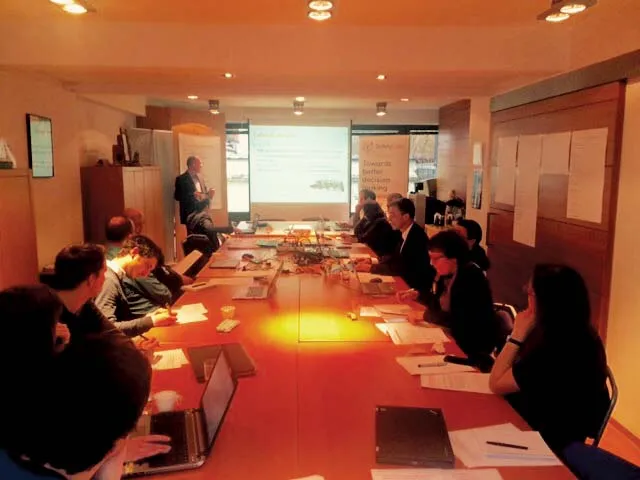China is now a full member of the International Transport Forum. This follows from an announcement made in May 2011 when vice-minister Gao Hongfeng said China's intended to join the Forum.
April 26, 2012
Read time: 2 mins
China is now a full member of the 1102 International Transport Forum. This follows from an announcement made in May 2011 when vice-minister Gao Hongfeng said China’s intended to join the Forum. The accession process has now been completed and acting secretary general Michael Kloth welcomed China as the Forum’s 53rd member country. He said, “China has a long tradition as a key nation in international transport. With its economic rise, it is today also at the forefront of the debate about the policies and best practices that will shape transport in the 21st century. China's accession to the Forum is an important development and we look forward to having the People's Republic of China participating as a member at the 2012 Summit in Leipzig in May." The Forum, with the 2332 World Bank, the Ministries of Interior of Spain and Argentina, and the Ministry of Health of Mexico, has agreed the creation of an institutional network and a road safety observatory for Latin American countries, supported by a high-quality road safety database and a web-based knowledge centre. Since 2008, the Forum has sought to expand the coverage of its International Road Traffic and Accident Database (3444 IRTAD) on road safety and to assist low- and middle-income and transition countries in developing adequate data collection and analysis systems. This development is of significance as it shows just how the Chinese Government is keen to develop a long term transport strategy, with safety set as a key priority. Similar developments concerning the reduction of pollution from transport are also likely to follow from the Chinese authorities.







